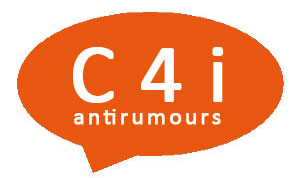Anti-rumours

Successful integration strategies require changes in the mind-set, attitudes and behaviour of both migrants and receiving communities. The difficulty of gaining access to reliable information or grasp the real impact (both negative and positive) of migration on communities is a major obstacle in achieving this goal, and people often tend to form their views on the basis of “myths” or stereotypes. The “Anti-rumour methodology” has been developed to counter diversity-related prejudices and rumours that hamper positive interaction lay the foundations of discriminatory and racists attitudes. Standardised through the publication of a Handbook, the methodology is being now applied by a growing number of cities.
Understood as a public policy, the Anti-Rumours strategy, is composed of a number of elements: identifying major rumours existing in a city; collecting objective data and also emotional arguments to dismantle false rumours; creating an anti-rumour network of local actors from civil society; empowering and training “anti-rumour agents”; and designing and implementing anti-rumour campaigns to raise awareness, including by creating and disseminating new tools and resources, both creative and rigorous.
Claiming the power of dialogue: Toolkit for antirumours dialogue
Policy Brief 2021
Anti-rumours 2014-2015

C4I - Communication for integration

C4i-Communication for Integration, co-funded by the Council of Europe and the European Commission (European Integration Fund), targeted prejudices, rumours and stereotypes by using viral information techniques to provide evidence-based answers to common misconceptions.



